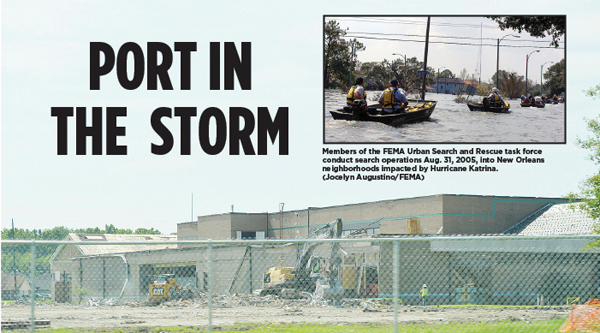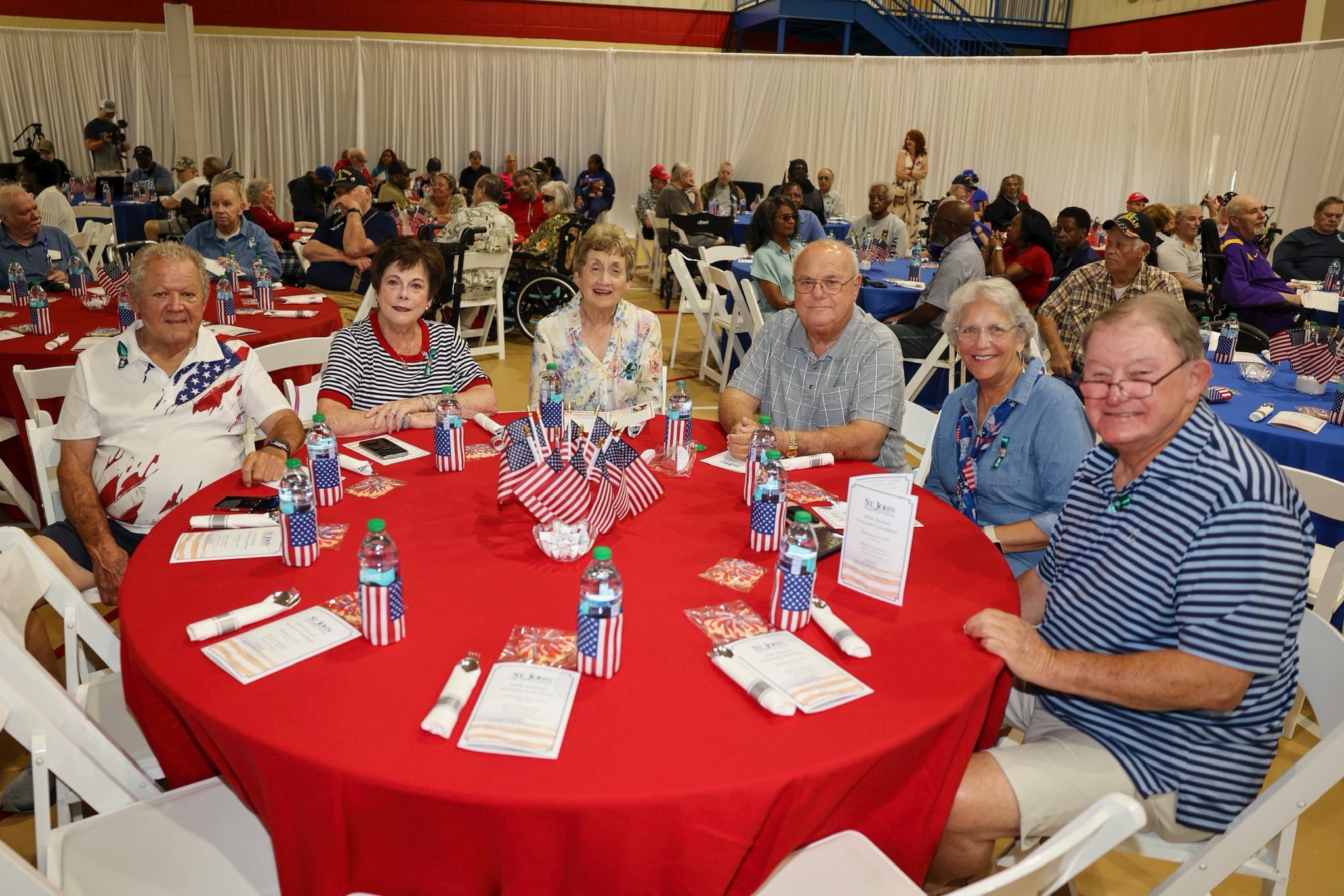Lake Pontchartrain Elementary was a safe port during Katrina
Published 12:05 am Saturday, August 29, 2015

- Lake Pontchartrain Elementary, located on U.S. 51 in LaPlace, is shown earlier this year being bulldozed. St. John the Baptist Parish School District leaders envision a newly constructed school opening at the same location in time to kick off the 2017-18 school year. The construction follows devastation suffered at the school rom Hurricane Isaac in 2012. However, it was a different storm — 2005’s Hurricane Katrina — that led to the school serving as a refueling center and housing location for emergency responders working in the aftermath of Hurricane Katrina.
LAPLACE — During Hurricane Katrina, Lake Pontchartrain Elementary did its part of helping out first responders.
“It’s an almost untold story,” school board member Russ Wise said. “It’s actually a good tale.”
Hurricane Katrina was a category three storm when it destroyed the city of New Orleans and surrounding parishes in 2005. First responders from all over the country came to help with evacuations, and Lake Pontchartrain Elementary served a critical role in aiding the responders.
St. John Parish Chief Administrative Officer Michael Coburn was superintendent of St. John Schools at the time of Katrina and, according to Wise, was the one in charge of turning the school into a staging area for the responders.
With little damage to the building, running water and electricity, and blessed with a location near New Orleans, the school was in a perfect spot to help, Coburn said.

School board member Russ Wise speaks outside Lake Pontchartrain Elementary in 2014. Wise was one of many volunteers who worked at the school in the aftermath of Hurricane Katrina to help first responders.
Today, students of Lake Pontchartrain Elementary School attend classes in portable buildings on the East St. John Elementary campus while Lake Pontchartrain Elementary is rebuilt at its U.S. 51 location in LaPlace.
Ten years ago, that U.S. 51 location proved ideal for first responders.
“When Hurricane Katrina hit, it devastated everything except St. John,” Coburn said. “Vernon Bailey, who was our resource officer at the time, and I went around from school to school collecting all the food products from all the schools’ cafeterias and brought them to Lake Pontchartrain.”
Coburn and volunteers provided responders to the devastation with cots, which were set up in classrooms. Responders were also given a place to shower and three meals a day.
“We felt very privileged and honored that it happened that we had a place were we could house all these first responders and everybody who came in to help,” Coburn said.
According to Coburn, the LaPlace location started out with a handful of volunteers and grew to more than 100 throughout a two-week volunteer period.
Some of the volunteers included Wise and his family; they had evacuated but returned after two days.
“My wife, my son and I went down there and worked for about 24 hours,” Wise said.
“I couldn’t cook, so I ended up washing pots and pans. Everybody did what they could.”
Wise said companies started sending in pallets of water or dropping off cases of snacks. Volunteers put them on tables and told responders to take what they wanted on their way back to the city.
Coburn said School District leaders wanted to do what they could to help responders, whether it was a hot meal or a warm hug. It was a stressful time, and Coburn said he felt blessed he was able to help.
“I remember one of the first responders came down and stayed with us for two weeks,” Coburn said. “He said he gained 15 pounds from eating all the food.”
To the volunteers that participated, it was clear the first responders were grateful.
“After I was done with washing pots and pans, I saw one big Arkansas state trooper sitting by himself at one of the tables,” Wise said.
“I went up to him and said ‘is there anything else we can do for you? Can I help you in anyway?’ and that trooper looked up at me and tears were running from his eyes.”
The trooper told Wise he was told he was going to have to live in his car and not have a shower for days.
“That one encounter made all of this worth while to me,” Wise said.
—By Raquel Derganz Baker






